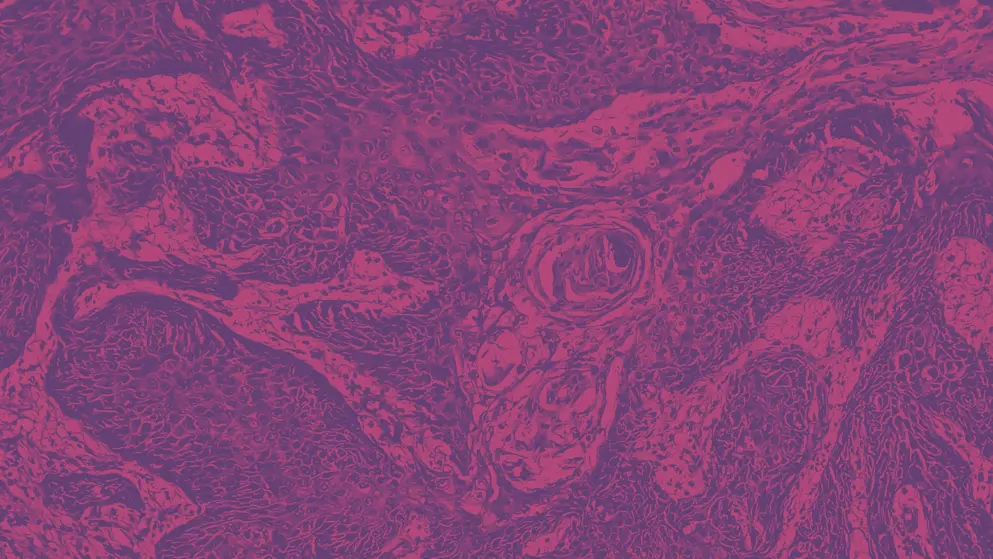
Supportive care in oncology Learning Zone
Transcript: Fatigue
Dr Gary Lyman
All transcripts are created from interview footage and directly reflect the content of the interview at the time. The content is that of the speaker and is not adjusted by Medthority.
Fatigue and pain are other important adverse events that may be due to the cancer itself, often, but may also complicate or worsen with systemic cancer therapy. And, it probably, fatigue is probably the most commonly reported symptom, certainly that I hear from patients who are receiving cancer chemotherapy. And again, sometimes it's due to the chemotherapy.
Sometimes it even precedes the chemotherapy, and may be due to the cancer, particularly in those with more advanced disease. Identifying the underlying mechanism has been very challenging, and of course you always want to rule out something like anaemia as a cause of fatigue. And, in the end, often the cause of the fatigue in this setting is multifactorial. And, perhaps the root cause is not entirely evident. But, of course, patients, again with advanced stage, advanced age, who have received multiple courses of chemotherapy, had multiple comorbidities, these all contribute to the causality of chemotherapy-related fatigue. Clinical practise guidelines for managing fatigue are available from, again, the American Society of Clinical Oncology, the Multinational Association for Supportive Care of Cancer, and here, again in the US, the National Comprehensive Cancer Network. But, they all recognise that there are limitations to our ability to manage, treat, or prevent fatigue in this setting.
However, they do recommend that all patients be serially screened for the presence and severity of fatigue, both during and after completion of treatment, using one of multiple validated screening tools. I think there are now some 26 different scales for assessing fatigue that have been developed. So, pick the one that you're comfortable with, and you found useful, but hopefully not too burdensome on patients, and use that to monitor the fatigue level in patients that are being treated. As far as interventions go, and again, the guidelines are pretty consistent recognising the limitations of currently available agents for reducing chemotherapy-associated fatigue. Psychostimulants, such as methylphenidate, modafinil, as well as corticosteroids have been used, and sometimes are effective, but given their cost and other toxicities, such as sleep disturbance, the routine use of these is not considered standard of care, and it's not recommended in the guidelines.
Acetylcholinesterase inhibitor, Donepezil, has been shown to reduce chemotherapy-related fatigue in two randomised trials in advanced cancer, but with some improvement in symptoms, and this is generally done along with corticosteroids, and most, and myself included, feel we need a lot more data on both the safety and efficacy in this kind of setting. What I find the most helpful, if a patient will comply, is increasing exercise, either alone, or with an agent like dexamethasone. Randomised trials have demonstrated beneficial effect from exercise in patients with advanced cancer. And, while some patients don't feel much like exercising, it can be effective at reducing chemotherapy-related fatigue, and obviously is a cost effective and safe way to do this in most patients.
Developed by EPG Health for Medthority. This content has been developed independently of the sponsor, Sandoz, who has had no editorial input into the content. Medthority received unrestricted educational grant funding from the sponsor in order to help provide its healthcare professional members with access to the highest quality medical and scientific information and associated relevant content, without any promotional intent. This content is intended for healthcare professionals only.

